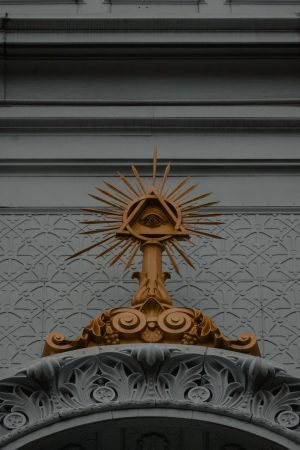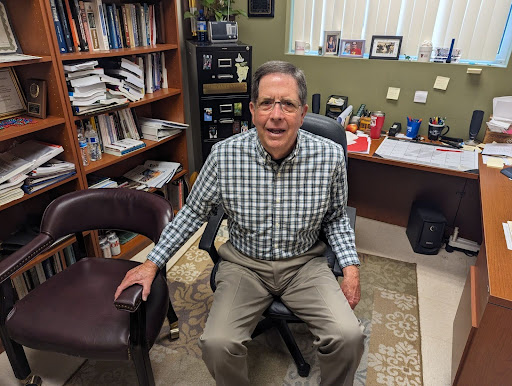ALENA HANSON Features & Opinions Editor
Edward Snowden was not, in my opinion, an unbiased man. He started off with an account with a mega-geek news website, so he could post governmental backlash.
“TheTrueHoola, as he went by on the site, criticized President Bush and Obama. He also took to venting about things such as Social Security and called in to question many reforms made by the presidency. Whereas many supporters of him believed that he was doing it to protect the constitution and their rights, The New Republic explains another thought process to why Snowden shared the information. “In fact, the leakers despise the modern liberal state, and want to wound it,” Sean Wilentz writes in his article entitled, “Would You Feel Differently About Snowden, Greenwald, and Assange If You Knew What They Really Thought?”
Now, should this statement be a damning factor in whether Snowden made an ethics call or just wanted to stir up the government? I’m not sure about that. In a journalist point of view and a citizen of the U.S., I see where revealing the eavesdropping technology could be beneficial to the public. People are always about privacy, even if they do not actually realize it. However, the knowledge of that freedom being taken away without their consent is something that can shake anyone. You are going to have those people that are pro-government say that it is the right of the higher ups to make that decision, but that draws up another, even bigger question: was it ethical of them to pretty much spy on American Citizens?
Now, I cannot say that I am entirely unbiased either. I feel very strongly that our government pushes freedom boundaries all the time. So, them having technology that pries into the average citizen’s daily life shocks me none. In a governmental standpoint, I would be scared to death. The government lost a leg up and made more anti-government members. ABC News and the writers of the article “Intel Heads: Edward Snowden Did ‘Profound Damage’ to U.S. Security” clearly state as much. Within the opposing Snowden article, James Clapper’s statements to the Senate Select Committee on Intelligence also support the realization that Snowden brought to light the government’s dirty laundry, so to speak. Clapper says “As a result [of Snowden’s leaking] we’ve lost critical foreign intelligence collection resources, including some shared with us by valued partners,” which means Snowden had already done what he wanted to accomplish: wounding the system.
Now, Snowden may have wanted to watch the system burn, but does that make him a bad guy? He has made people question their government officials and think twice about their freedom. I’d say he was an anti-hero, as he did not set out to save the world. He set out to do what he thought was necessary. That does not make him a bad guy; it just makes him a target. As for the Washington Post and other news outlets, they had every right to leak the information. It was in the public’s interest to have the information, so they could decide themselves how to feel about the information.
Even though there are articles, such as the ABC News one, they are still openly discussing the fact that the government screwed up and someone called them out. It is just one of those things that went over the edge of a normal person’s ethical standards, but went hand-in-hand with other stories that we have read and watched in the class. Such as the Watergate scandal, which might not have been ethical, but it sure was necessary information to get out to the public. Journalists are not politicians or people that answer to government officials, as we have seen demonstrated over and over again. They just have to make a call based on what they believe and what their editor/publication believes to be worthy of the people’s interest. There is no set rules to what can be ethical and what can be crossing a line; journalists blur the line too often for there to be easily distinguishable rules.
















